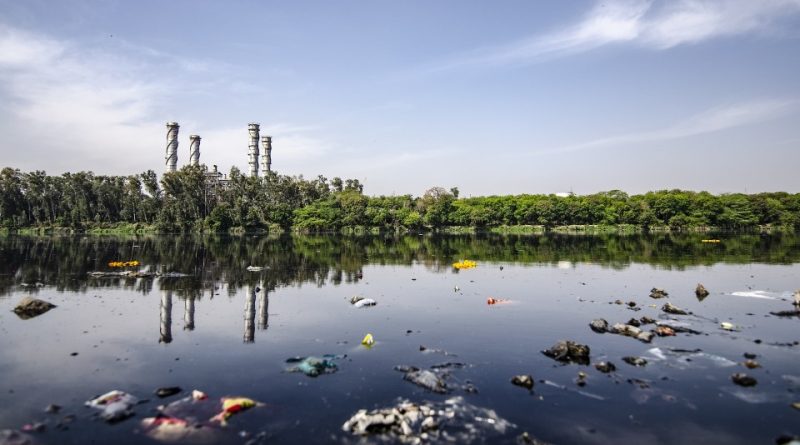Ecotoxicology
Ecotoxicology
Ecotoxicology is a branch of toxicology that studies the effects of chemical compounds and toxic substances on ecosystem organisms. It focuses on the analysis of the environmental impacts of chemicals and includes a wide range of organisms, such as plants, animals and microorganisms, not only individual organisms but also entire ecosystem communities.
The term ecotoxicology was coined by René Truhaut in 1969, who defined it as “the branch of toxicology concerned with the study of toxic effects, caused by natural or synthetic pollutants, on the constituents of ecosystems, animals (including humans), plants and microbes, in an integral context”.
Ecotoxicologists seek to understand how chemicals affect the health and survival of organisms in the natural environment, how they can be transported through food chains, and how they can accumulate in the environment. This type of research is crucial to evaluate and prevent the negative effects of chemicals released by humans into the environment, such as agricultural pesticides, industrial pollutants, drugs, heavy metals and other chemicals produced by human activities.
Ecotoxicology relies on experimental, observational and modeling studies to understand the mechanisms of toxicity, the dose-response of organisms, the accumulation of toxic substances in ecosystems and the long-term cumulative effects. The results of this research are used to develop environmental regulations, guidelines for the responsible use of chemicals and to identify any risks to human health and biodiversity in the natural environment.
Furthermore, ecotoxicology integrates the concepts of toxicology and ecology or, as Chapman (2002) suggested, “ecology in the presence of toxicants”. It aims to quantify the effects of stressors on natural populations, communities or ecosystems. Ecotoxicology differs from environmental toxicology in that it integrates the effects of stressors across all levels of biological organization from the molecular to entire communities and ecosystems, whereas environmental toxicology focuses on effects at the individual and lower levels.
The goal of ecotoxicology is therefore to predict the effects of pollution so that the most efficient and effective actions can be identified to prevent or remedy any harmful effects.

